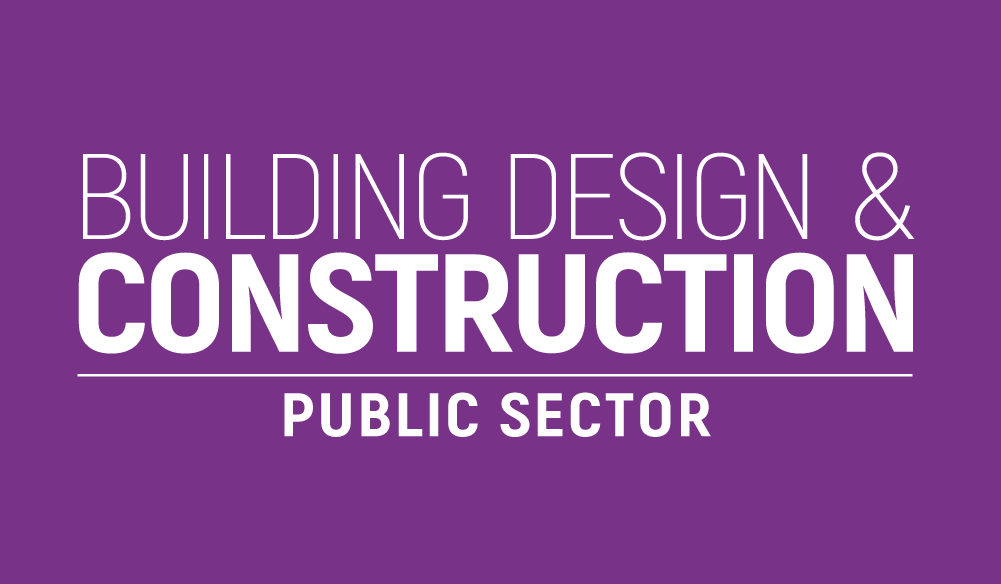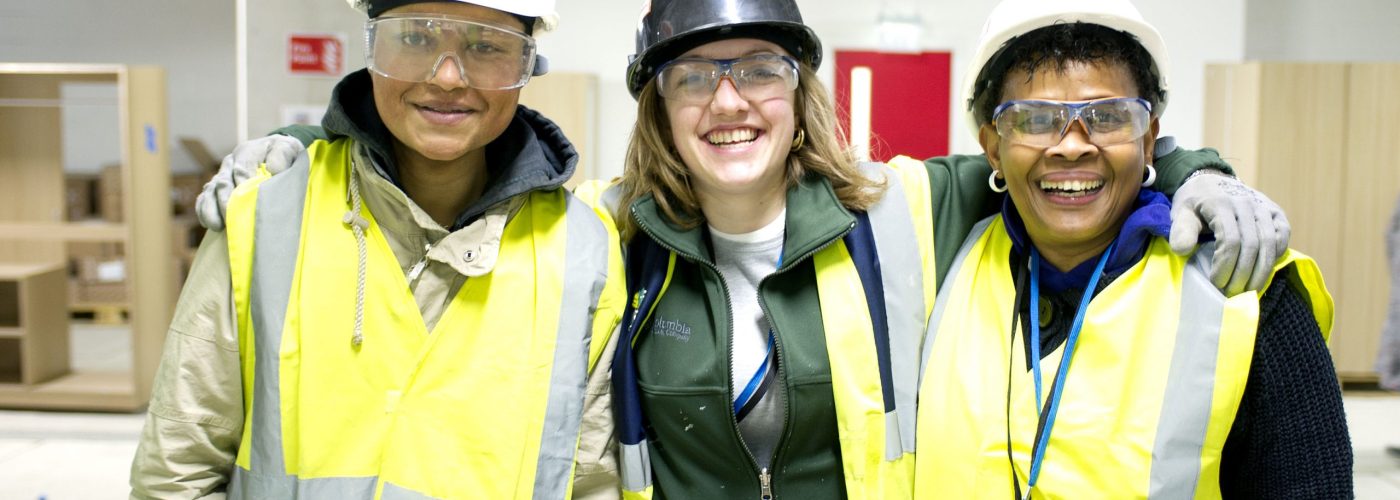The Supply Chain Sustainability School, a multi-award-winning initiative which represents a common approach to addressing sustainability within supply chains, has today released its Fairness, Inclusion & Respect (FIR) Annual Culture Survey Report.
The School surveyed over 800 of its members across the country, to get their thoughts on the FIR Programme and how the FIR agenda is progressing within the built environment. Mark Lomas, Head of EDI at HS2 Ltd, said: “It’s great to see organisations responding to the FIR survey, giving great insight into EDI across the sector.”
The report offered insights into how the School has continued to positively impact organisations and supply chains, reinforcing the School’s mission to be the world-class collaboration enabling a sustainable and fair built environment.
With over fifty thousand registered users, the School provides free practical learning and support for the UK built environment, through sustainability training, networking, e-learning modules, tailored assessments, and online resources. The FIR resources are becoming increasingly popular as FIR sits higher on the agenda for many organisations in the industry.
Members of the School anonymously stated that the FIR Programme offered “huge benefits for [their] business and life in general” and enabled companies to easily introduce initiatives such as “inclusion moments […] largely due to the influence of FIR ambassadors within the company pushing the initiative.”
COVID-19 forced the Supply Chain Sustainability School to move all learning online, resulting in the FIR Programme seeing an increase of 66% of members completing e-learning modules over the past year, and many members accessing FIR online workshops and webinars.
Organisations are becoming more conscious of FIR and its benefits to people, profit and enabling a sustainable business model. The School has been identified as a powerful tool to help organisations embed sustainability into their business practices.
The FIR survey showed that 55% of businesses felt the FIR Programme helped them win new business, and 58% believe it enabled an improvement in productivity. Furthermore, 62% of respondents feel that the FIR Programme supported their business to retain talent, and 73% felt FIR helps to improve stakeholder engagement.
Lucie Wright, Careers Strategy Manager at CITB, said:“More and more construction employers are seeing the benefits in productivity and winning new business that the Fairness, Inclusion and Respect training brings. A workplace that works for everyone will also help retain employees into the future, particularly important during a period of labour shortage, and I would encourage employers to visit the Supply Chain School website to see what free training is available.”
The quality of training provided by the FIR Programme has been higher than ever this year. An average of 96% of respondents rated the workshops and materials as “excellent” or “good”, compared with last year’s figure of 91%. There was also a strong impact on individuals, as exhibited by the 89% of respondents who felt they were empowered to deal with FIR issues more effectively as a result of the FIR Programme. A massive 82% of members also felt they had the confidence to challenge poor behaviors in the workplace.
Paul Aldridge, Director at WJ Group, said:“This year’s survey demonstrates how people want, need even, to work for organisations with good Fairness, Inclusion and Respect credentials. It shows areas we need to improve and that to be high performing organisations, we need to nurture all our people and allow them to thrive in a psychologically safe, inclusive space. By doing so, we can harvest the business benefits FIR will accrue; improved productivity, safety and collaboration, new business, better staff retention, stakeholder and community engagement.”
The School is part-funded by CITB and industry Partners, with the direction of the School being led by over 125 Partners – working in collaboration, they share knowledge and free resources to inspire the UK built environment to drive positive change.





